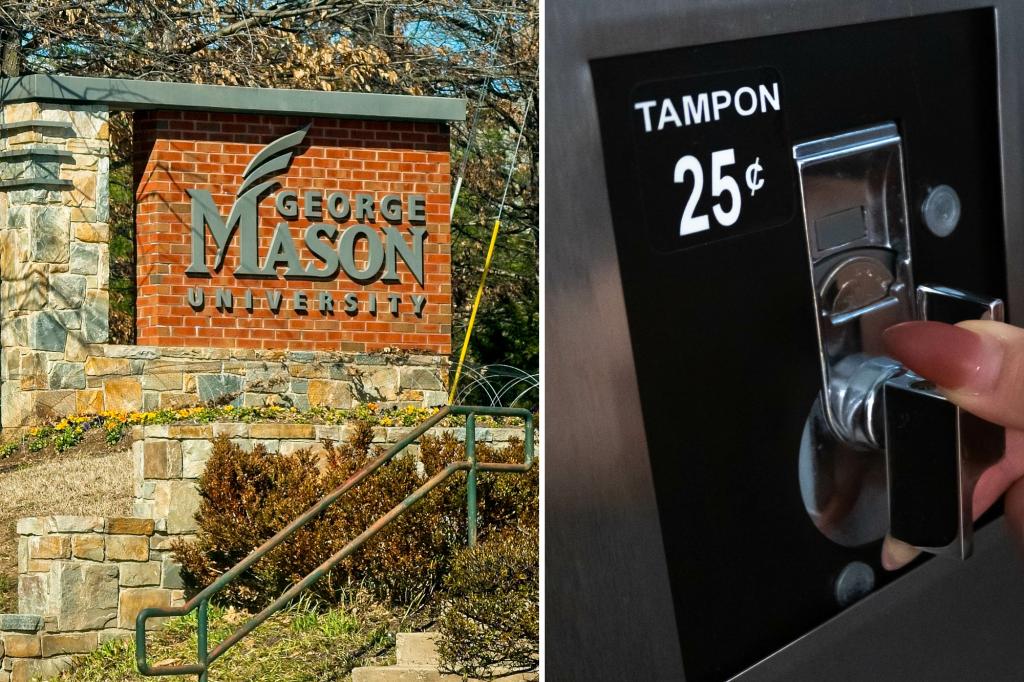This case revolves around a First Amendment clash at George Mason University (GMU), where two law students, Selene Cerankosky and Maria Arcara, found themselves facing disciplinary action for expressing their views on a proposed inclusion initiative. The controversy stemmed from a suggestion to provide feminine hygiene products in men’s restrooms, a measure intended to accommodate transgender men. Cerankosky and Arcara voiced their concerns in an online class chat, arguing that allowing biological females into men’s restrooms could compromise the safety and comfort of cisgender women. Arcara echoed these concerns, emphasizing her personal discomfort with the potential presence of biological males in women’s restrooms. The university responded by issuing no-contact orders against both students, effectively silencing them and restricting their interaction with classmates. This action sparked a lawsuit backed by the Alliance Defending Freedom (ADF), a conservative legal organization, alleging that GMU’s actions violated the students’ First Amendment rights.
The crux of the lawsuit rested on the assertion that GMU’s application of its Title IX and Office of Diversity, Equity, & Inclusion sexual harassment policy was a thinly veiled attempt to stifle protected speech. The no-contact orders, issued without prior warning or explanation, effectively barred Cerankosky and Arcara from engaging in classroom discussions and interacting with their peers. The ADF argued that the university’s actions created a chilling effect on campus, discouraging students from expressing dissenting opinions for fear of reprisal. The case highlighted the tension between promoting inclusivity and protecting free speech, a recurring theme in contemporary academic discourse. The lawsuit sought not only to overturn the no-contact orders but also to compel GMU to revise its policies to ensure that such measures would not be used to suppress free expression in the future.
The case culminated in a settlement that vindicated the students’ First Amendment rights. GMU agreed to pay $15,000 in damages and attorney fees, acknowledging the harm caused by the no-contact orders. More significantly, the university committed to revising its policies governing the issuance of such orders, ensuring that they would not be used to “suppress, coerce, or punish” students for expressing their views. This policy change represents a victory for free speech advocates, reinforcing the principle that universities should be marketplaces of ideas where even controversial viewpoints can be debated openly. The settlement underscores the importance of robust protections for free speech on college campuses, even when those views challenge prevailing orthodoxies.
GMU’s response to the settlement emphasized its commitment to both inclusivity and free expression. The university framed the revised procedures for no-contact orders as a means of “improving” its Title IX process, aiming to strike a balance between addressing allegations of sexual misconduct and preserving the right to free speech. The new procedures include clearer criteria for issuing no-contact orders, a defined duration for such orders, and an appeals process for students who believe their rights have been infringed. These changes suggest a move towards greater transparency and due process in the university’s handling of sensitive issues related to speech and conduct. GMU’s statement reiterated its dedication to fostering “open dialogue and debate across differences,” suggesting a desire to create a campus environment where diverse perspectives can be expressed and discussed respectfully.
This case serves as a potent reminder of the delicate balance that universities must strike between fostering inclusive environments and safeguarding free speech. While promoting inclusivity is a laudable goal, it must not come at the expense of fundamental rights, including the right to express dissenting opinions. The incident involving Cerankosky and Arcara underscores the potential for well-intentioned policies to be weaponized against those who hold unpopular views. The settlement achieved in this case reinforces the importance of clear, narrowly tailored policies that address legitimate concerns about harassment and discrimination without chilling protected speech.
The outcome of this legal battle has broader implications for the ongoing debate about free speech on college campuses. It serves as a cautionary tale for universities across the country, highlighting the risks of overzealous application of speech codes and disciplinary measures. The case underscores the need for robust protections for free expression, ensuring that students can engage in open and honest dialogue without fear of censorship or reprisal. The settlement achieved at GMU represents a victory for free speech advocates, but the broader struggle to preserve intellectual freedom on college campuses continues. The incident highlights the need for ongoing vigilance and robust legal protections to ensure that universities remain true to their mission as centers of open inquiry and free exchange of ideas.

